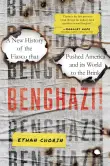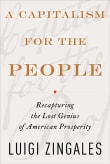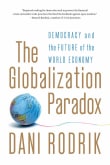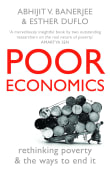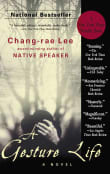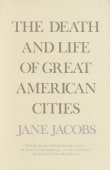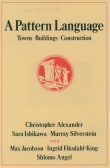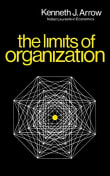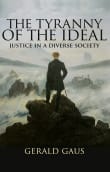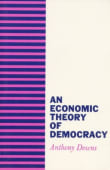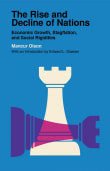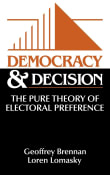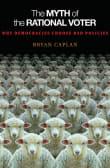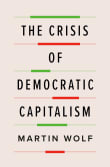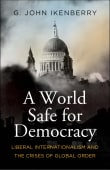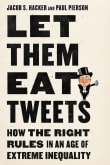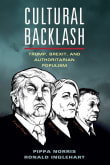The Narrow Corridor
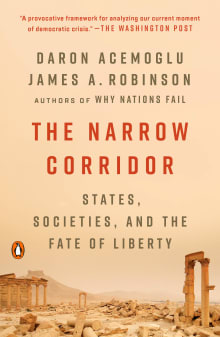
Book description
"Why is it so difficult to develop and sustain liberal democracy? The best recent work on this subject comes from a remarkable pair of scholars, Daron Acemoglu and James A. Robinson. In their latest book, The Narrow Corridor, they have answered this question with great insight." -Fareed Zakaria, The Washington…
Why read it?
5 authors picked The Narrow Corridor as one of their favorite books. Why do they recommend it?

I believe the adage that history provides many rich lessons, and those who choose not to heed these lessons are destined to repeat the errors of the past. For this reason, this book was my favourite read of 2023 (with a couple of honourable mentions).
The book is ultimately about a topic close to my heart: governance. But unlike my book, which focuses on governance within institutions, this book focuses on the governance of states. Using their theory of “The narrow corridor”, Acemoglu and Robinson describe how governance arrangements play a key role in creating states that grow, thrive, and…

This is one of the best books I have read that helps to understand the reasons behind the fascinating and unpredictable rise of Western liberal civilization.
Humans lived in abysmal conditions for tens of thousands of years, poor, wretched, exposed to violence, war, illness, and untimely death for most of our evolutionary history. The emergence of Western liberal civilization is truly an amazing break with our miserable past. How did this happen?
The authors argue that there is a very precarious path to be followed between totalitarian and imposed order, and chaotic individualism, and Western civilization happened to find almost…
From Joseph's list on why populism threatens liberal democratic societies.

Acemoglu and Robinson note that a productive and orderly society requires a government strong enough to protect the rights of its citizens, but that a government with sufficient power to protect people’s rights also has the potential to violate their rights and oppress its citizens. The power of government can be constrained by a strong civil society to balance that government power. Because societies are best off when the power of government is balanced by the power of civil society, there is a narrow corridor where the two are balanced. They discuss the challenges of remaining in that narrow corridor.
From Randall's list on voter preferences and democratic decision-making.
If you love The Narrow Corridor...

This book embeds historical accounts of successful and unsuccessful countries within a framework that posits the need for balance between freedom and authoritarianism. Acemoglu and Robinson see societies not as in equilibrium, but as constantly in flux. Rather than seeing a choice between freedom (or free markets) and government, they see a tussle. History consists of the state and the people engaged in a Red Queen Game, each trying to outpace the other with liberty hanging in the balance. Rather than guaranteed through constitutional decree, liberty, and the economic and social success it promotes, is a tenuous, contingent, and precious…
From Scott's list on for aspiring or inspiring social scientist.

The fundamental challenge of governance can be summed up: How do we get to Denmark? What is the path to achieve a stable, prosperous, and free society? Acemeglu and Robinson lay out the path, and unfortunately it is rocky and often impassable. The book explains the delicate balance that is required of both government and society: the state must be present, but not oppressive, it must be powerful, but also trusted. The pitfalls on the path are many, from predatory elites to inert citizens, but the narrow corridor does indeed lead to Denmark.
From Pietra's list on economics and globalization.
Want books like The Narrow Corridor?
Our community of 12,000+ authors has personally recommended 100 books like The Narrow Corridor.
